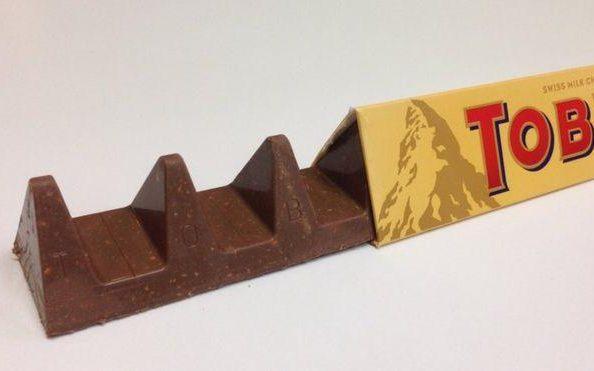Cutting chocolate bar sizes will lose companies money, YouGov study finds
Survey suggests 46% of shoppers would rather pay more than see their favourite food shrink

Your support helps us to tell the story
From reproductive rights to climate change to Big Tech, The Independent is on the ground when the story is developing. Whether it's investigating the financials of Elon Musk's pro-Trump PAC or producing our latest documentary, 'The A Word', which shines a light on the American women fighting for reproductive rights, we know how important it is to parse out the facts from the messaging.
At such a critical moment in US history, we need reporters on the ground. Your donation allows us to keep sending journalists to speak to both sides of the story.
The Independent is trusted by Americans across the entire political spectrum. And unlike many other quality news outlets, we choose not to lock Americans out of our reporting and analysis with paywalls. We believe quality journalism should be available to everyone, paid for by those who can afford it.
Your support makes all the difference.Food companies risk losing more than a third of their customers if they cut the size of their products, according to a new study into the impact of so-called “shrinkflation”.
A YouGov survey found that as many as 35 per cent of consumers said they would stop buying their favourite chocolate bar if manufacturers cut it down by 15 per cent.
Around one in five (22 per cent) would desert a brand if it reduced portions by 10 per cent, the survey found. And 13 per cent of customers said they would stop buying even if it only shrank by five per cent.
Shrinkflation is described in the study, which used a sample of more than 1,000 adults, as when the “price of a product remains the same as portion sizes get smaller”.
The report, entitled Portion Sizes and Health, found companies risk losing a large proportion of customers if they keep cutting product sizes. Instead, nearly half of shoppers would rather pay more than see their favourite item shrink, while 36 per cent were happy to pay more for the same size.
Stephen Harmston, head of YouGov Reports, said: “Our data indicates that these companies are treading a fine line. Consumers will only accept a certain degree of downsizing before they look elsewhere, and would rather pay a bit more in order to preserve the portion sizes they have now.”
The poll found that while 38 per cent said they still bought a product despite knowing it had reduced in size, nearly one in five stopped buying it when the price increased, but the goods decreased.
Some 17 per cent stopped buying a product when it got more expensive but the size got smaller.
Several brands have slashed the size of their products without informing consumers, leading to outrage.
One highly publicised change in formula was US company Mondelez’s move to alter the traditional mountain-peak shape of its Toblerone, making them lighter in the wake of rising ingredient costs. But the change – which only applied to UK bars – was widely panned by consumers.
Mr Harmston, said: “The reaction to the news that Toblerone had shrunk the amount of chocolate in its product was met by a mixture of bemusement, confusion and frustration by consumers, but the brand is hardly alone in adopting this approach.”
Other branded products which have shrunk while the price stayed the same, according to the YouGov study, are Maltesers which shrunk by 14.2 per cent and Tetley which reduced by 6.25 per cent.
Join our commenting forum
Join thought-provoking conversations, follow other Independent readers and see their replies
Comments